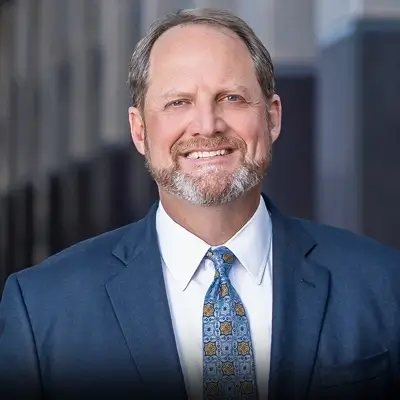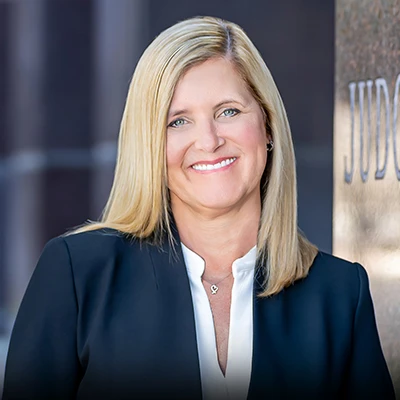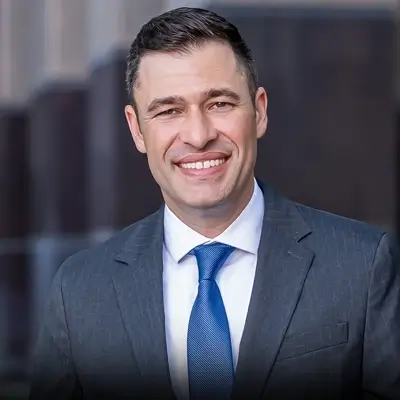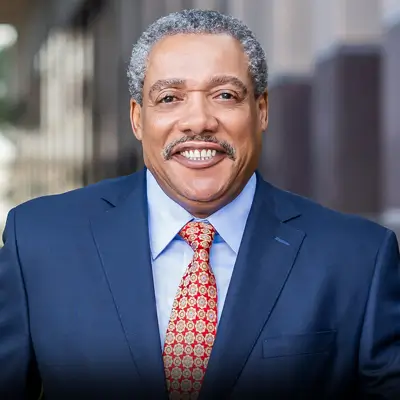Boynton Beach Premises Liability Attorneys
Holding Negligent Property Owners Responsible for Preventable Accidents
Property owners might not be morally responsible for falls, dog bites, swimming pool drownings, and other such injuries which occur on their premises. However, they are usually legally responsible for such injuries. Responsibility for ones actions or inactions is at the heart of a negligence claim. If we all acknowledged and appreciated the various responsibilities we have, Florida would be an even better place to live.
Here at Smith, Ball, Báez & Prather , our experienced premises liability lawyers in Boynton Beach routinely handle premises liability and other injury claims in Palm Beach County and nearby jurisdictions. Since we know all the evidentiary and procedural rules, including the unwritten ones, we are well-positioned to obtain maximum compensation for your serious injuries. This compensation usually includes money for economic losses, such as medical bills, and noneconomic losses, such as pain and suffering.
Our firm can help you better understand your situation so you can make the right decisions for you and your family. Call us at 561-500-HELP to begin with a free initial consultation.
Duty of Care
Not all property owners in Florida have the same level of legal responsibility.
Duty varies, mostly according to the relationship between the victim and property owner, as follows:
- Invitee: If the victim had direct or indirect permission to be on the land, and the victims presence benefited the owner in any way, the owner had a duty of reasonable care. This duty includes a responsibility to make the premises reasonably safe. Most swimming pool drowning and other such victims are invitees.
- Licensee: If the victim had permission to be on the land but there was no benefit, the owner only had a duty to warn the victim about latent (hidden) defects. Guests of apartment guests are typically licensees.
- Trespasser: The smallest category includes people with no permission and who produce no benefit. In these situations, there is essentially no duty, other than a responsibility to avoid intentional harm. Tales of injured burglars who successfully sue homeowners for damages are largely urban legends.
Since the existence of a legal duty is a legal question, the judge usually resolves this issue in a pretrial hearing, and then s/he instructs jurors accordingly.
Establishing Knowledge & Foreseeability
Knowledge of the hazard and foreseeability of injury (likelihood of injury) are normally fact questions reserved for jurors.
Both direct and circumstantial evidence is admissible for knowledge purposes. Direct evidence of actual knowledge includes things like repair estimates, cleanup on aisle three announcements, and restroom cleaning reports. Circumstantial evidence of constructive knowledge (should have known) usually involves the time-notice rule. The longer the hazard existed, the more likely it becomes that the owner should have known about it and should have remedied the hazard.
Foreseeability is often a significant issue in negligent security claims, such as injuries sustained in a third-party assault. Property owners are legally responsible for such incidents if they knew that such incidents were likely. Evidence of foreseeability includes things like prior similar incidents at that location, the nature of the property, the neighborhoods reputation as a high crime area, and prior similar incidents in the area.
In court, victim/plaintiffs must establish both knowledge and foreseeability by a preponderance of the evidence (more likely than not). Thats the lowest standard of proof in Florida.
Typically, property owners are legally responsible for injuries that occur on their premises. For a free consultation with an experienced Boynton Beach premises liability lawyer, contact Smith, Ball, Báez & Prather . We do not charge upfront legal fees in these matters.




